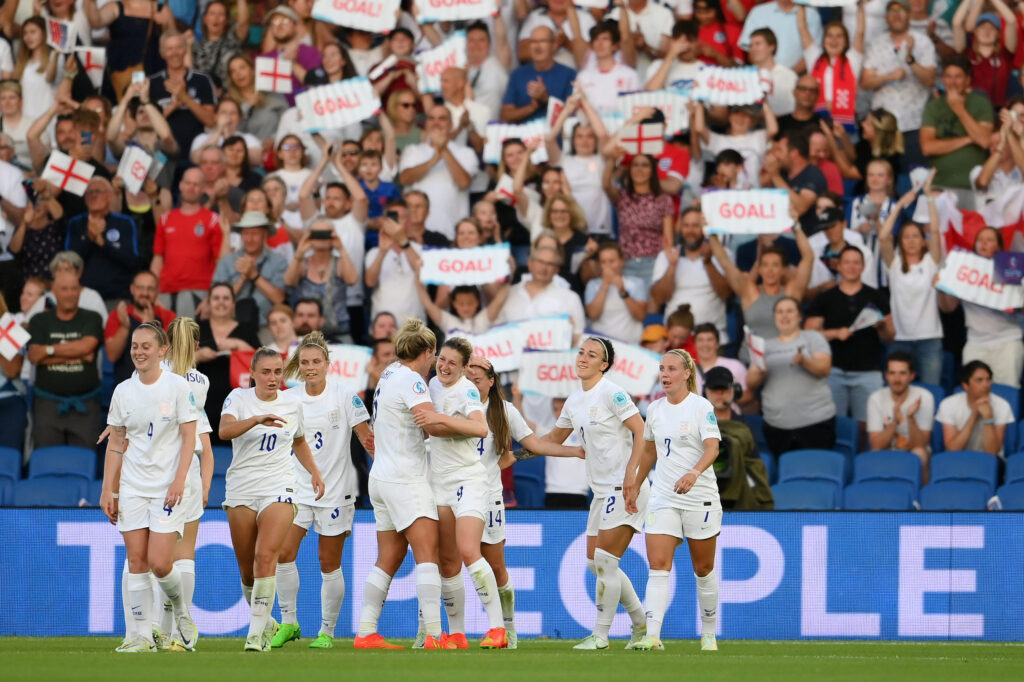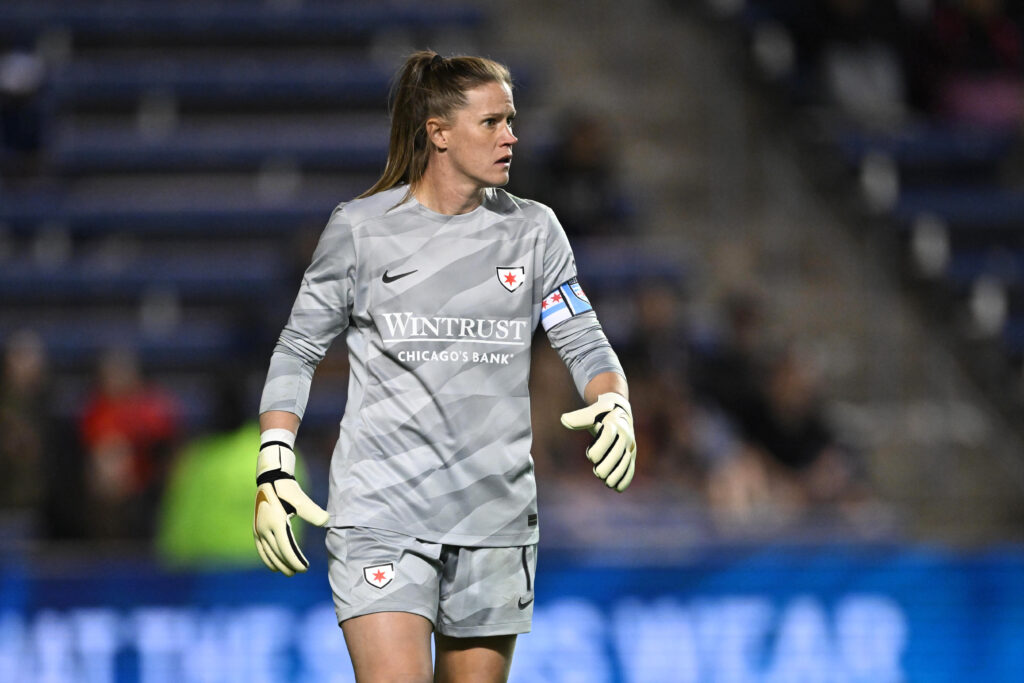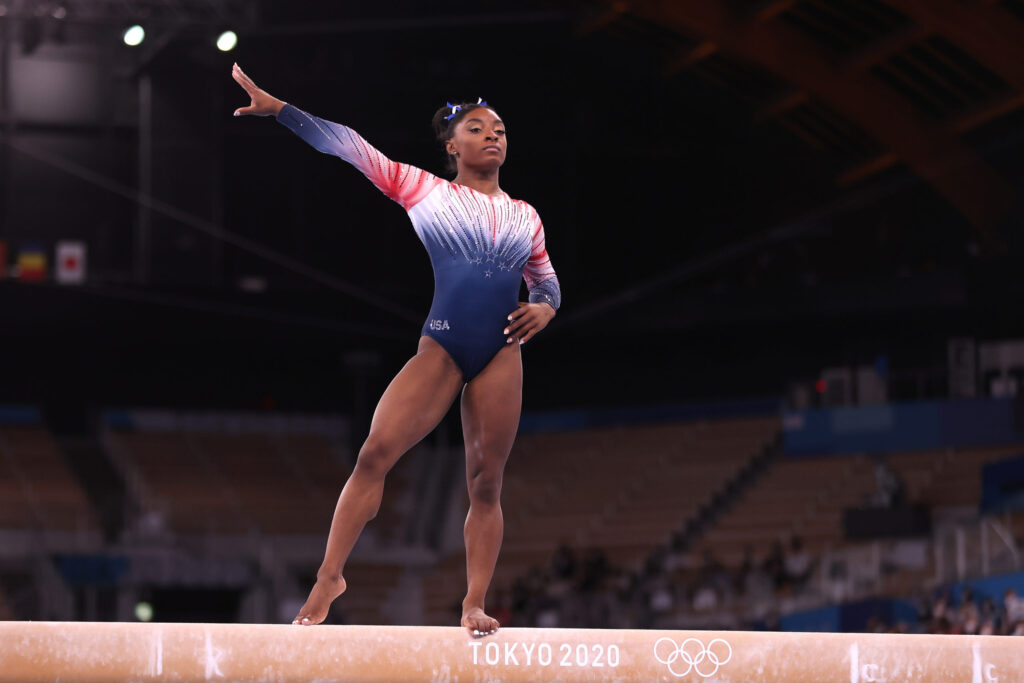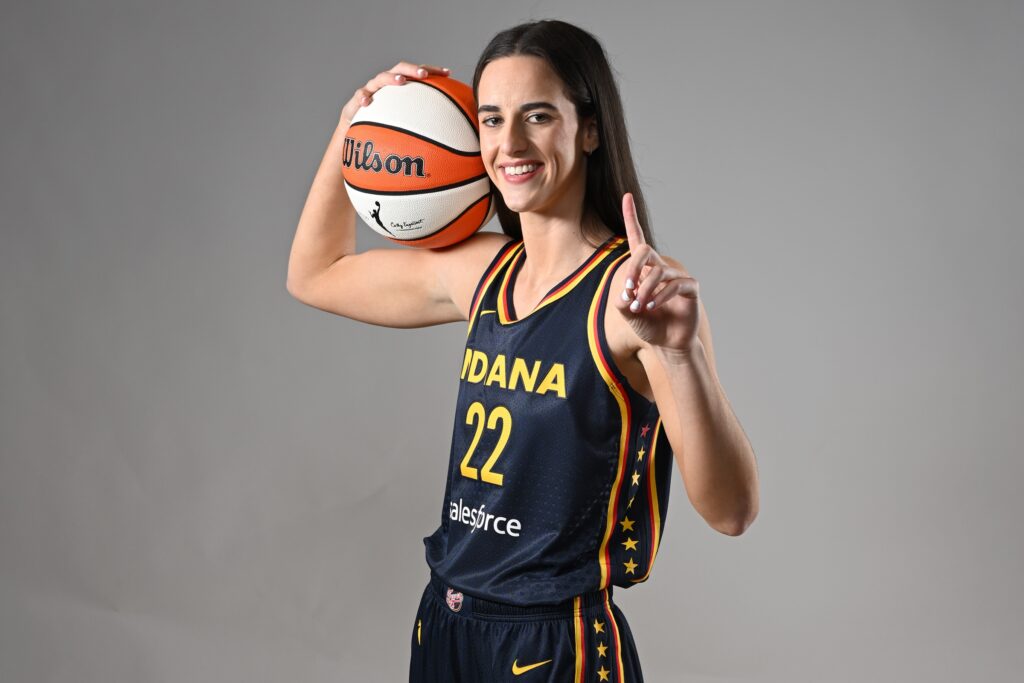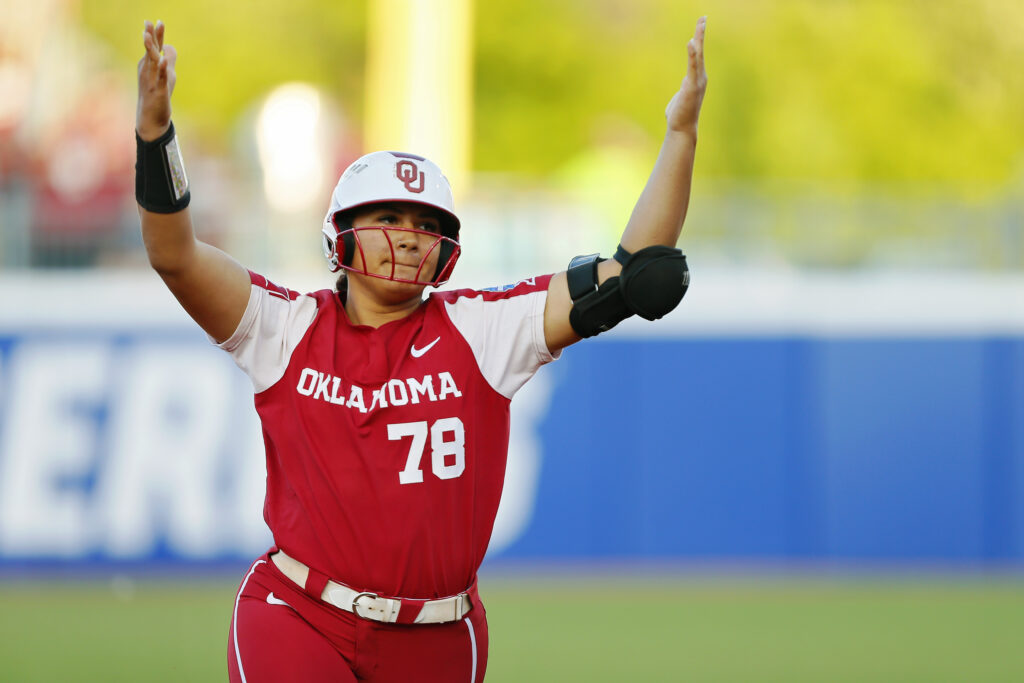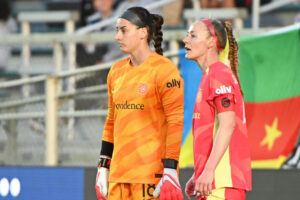The England women’s national team is making waves this summer thanks to its run to the Euros final on home soil.
The Lionesses’ success in the tournament already has shown up in attendance and viewership numbers. A record 28,624 people attended the team’s 4-0 semifinal win over Sweden, and approximately 11.3 million people tuned in via BBC’s broadcast and streaming services.
The next question ahead of Sunday’s Euros final at Wembley Stadium: Could the Euros also propel the women’s game forward at the grassroots level?
Just 63 percent of schools in England offer girls’ soccer in physical education lessons. The FA launched the Let Girls Play campaign last October with the aim of increasing that number to 75 percent by 2024.
“Whatever happens in the final now, if girls are not allowed to play football, just like the boys can, in their PE, after this tournament, what are we doing?” BBC commentator Ian Wright said following the semifinal match. “We’ve got to make sure that they are able to play. Because it’s going to inspire a lot of people.
“If there’s no legacy after this, then what are we doing? Because girls should be able to play. This is as proud as I’ve ever felt of any England side.”
Thank you for saying this @IanWright0 ❤️ pic.twitter.com/n52NcuLMTL
— Project Football (@ProjectFootball) July 26, 2022
Former England defender Alex Scott said the Euros moment is the result of hard work to grow the game on the women’s side.
“It is hard for me not to get emotional right now because the amount of investment which has gone into the women’s game is for a moment like this,” said Scott, also a BBC commentator. “For this team to get to Wembley, they are creating something special and deserve every accolade which is coming their way.
“But (after) the FA investment, everyone who has been involved in women’s football has been waiting for this moment. It’s special.”
Part of the investment has come from the England Football, which held the Biggest Ever Football Session in March as part of the Let Girls Play campaign. More than 90,000 girls took part in the inaugural event, which featured nationwide training sessions at 1,450 primary and secondary schools across the country.
Following the event, England star Lucy Bronze penned a column for GiveMeSport, in which she wrote about the importance of growing the game for girls.
Bronze played for a boys’ team close to home until she was 12, but when she started playing for girls’ teams, she had to travel for more than an hour just to get on the pitch.
“I think it can be very damaging if there isn’t a supportive environment for girls to play football,” she wrote. “If any young child has a bad experience, they’re not going to feel comfortable doing whatever it is they want to do, and that applies to girls and football too.
“I definitely noticed when I was younger that there were a couple of girls who took interest in football but stopped because they didn’t have the opportunity to play. Not letting girls take part in football at school lets talent slip through the cracks.”
